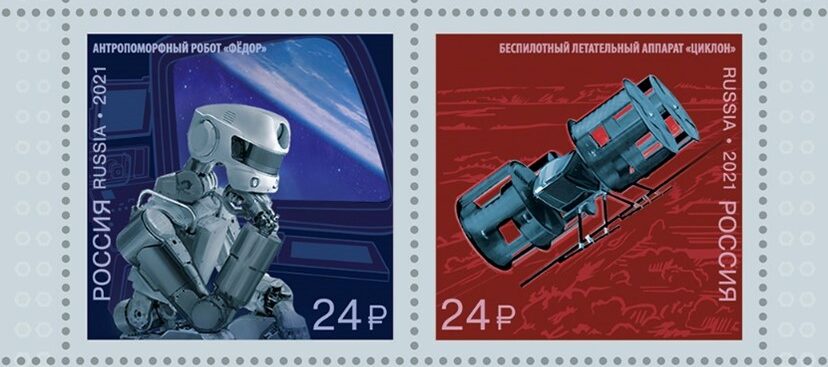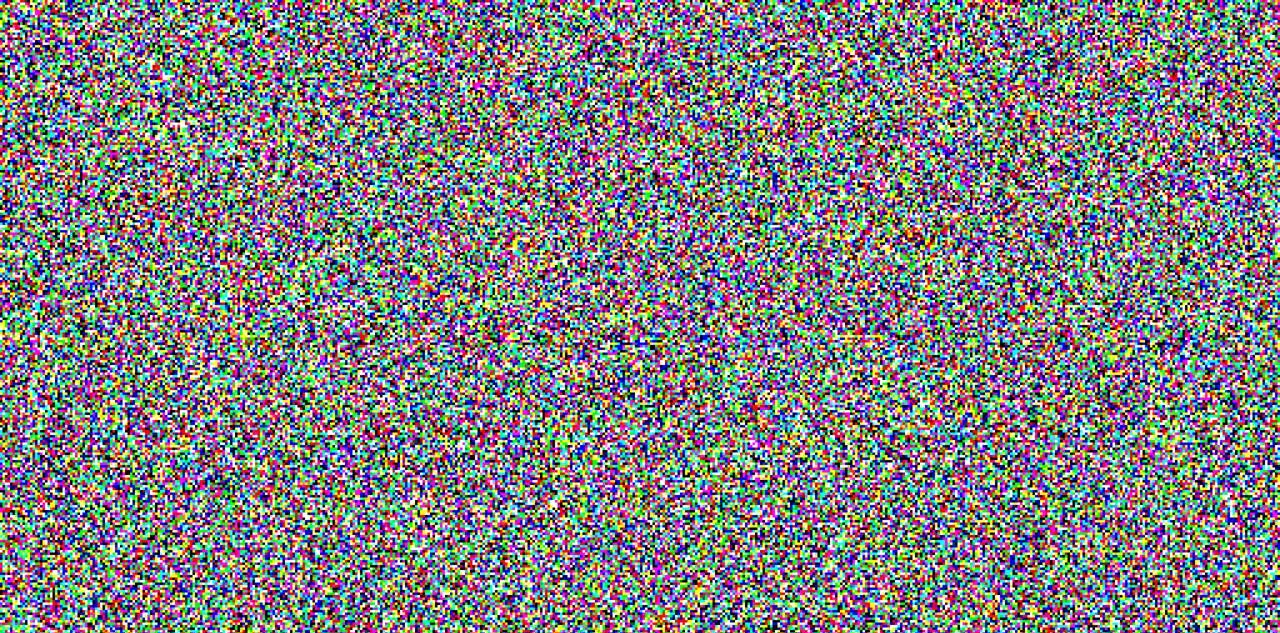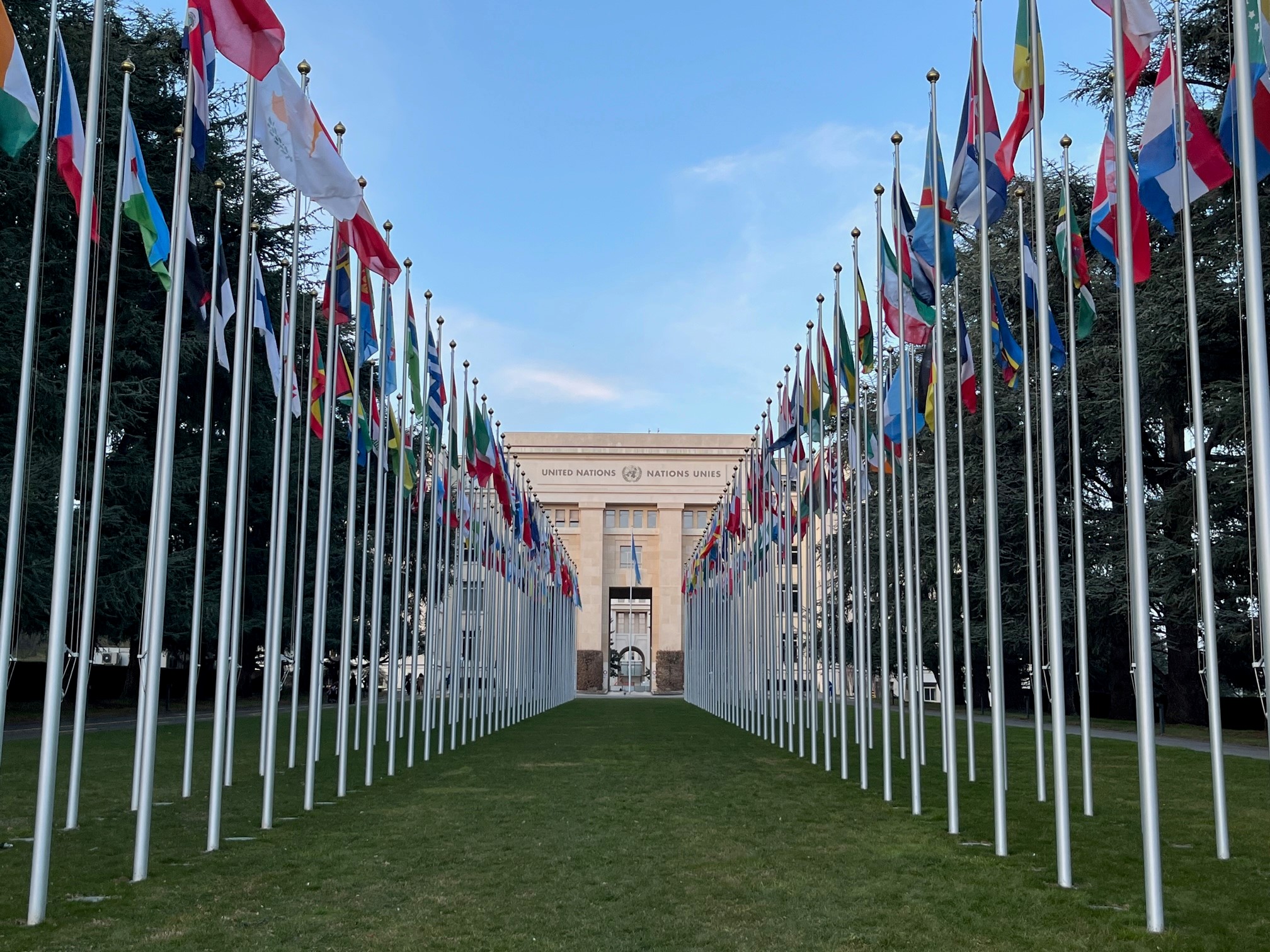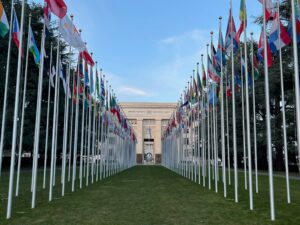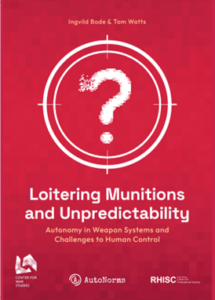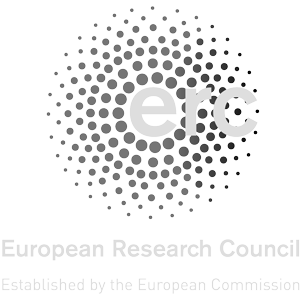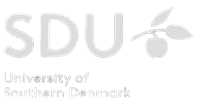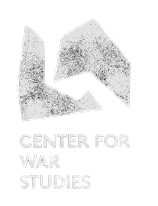In February 2024, Vladimir Putin approved a new version of Russia’s national artificial intelligence (AI) development strategy, initially adopted in October 2019. One of the updates included is a list of challenges to Russia’s AI development, which mention “the decision to restrict access to AI technologies, caused by unfair competition on the part of unfriendly foreign countries”, meaning the states that imposed measures such as sanctions and export controls on Russia in response to its full-scale invasion of Ukraine. Such statements feature prominently in the Russian leadership’s AI narrative, which I analyse in an article recently published with the Journal of International Relations and Development.
Narratives aim to simplify a complex phenomenon as well as give meaning to it, often with the help of a main plot, characters, and a setting. Actors can construct narratives to make sense of something, to pursue an objective, or to justify certain policies. Although stories told about AI and robotics have been around for centuries, in recent years political actors such as state officials have become more active in (re)producing certain narratives about AI technologies. These narratives are crucial to examine because they potentially affect the ways in which technologies are developed and used. We also need to study these stories as part of a broader global, social context, especially states’ quest for status in international politics.
Russia’s narrative on generative AI and its quest for status
The official Russian narrative portrays the Russian state as the main protagonist leading the country towards AI leadership, while the so-called ‘collective West’, the main antagonist, is trying to prevent Russia from developing cutting-edge AI. Of course, the narrative does not mention that sanctions were imposed in response to Russia’s aggression against Ukraine. Rather, it focuses on how Russia is able to become an AI ‘leader’ as part of an ongoing “ideological battle with the West”.
Recently the Russian leadership has been talking a lot about the perceived ‘threats’ of Western generative AI and large language models such as OpenAI’s ChatGPT. At the 2023 AI Journey conference, Putin said that the “monopoly domination of such foreign innovations in Russia is unacceptable, dangerous and intolerable”. He also framed this issue as part of Russia’s discourse on supposed Western ‘Russophobia’. For instance, he accused models developed by Western companies of “cancelling Russian culture” because they are mostly trained on English-language data, asserting that AI “created according to some Western standards and patterns” may become “xenophobic”.
Putin and other officials keep mentioning the importance of developing domestic models, such as Sber’s GigaChat or YandexGPT. It is ironic, to say the least, to accuse Western generative AI of xenophobia when Russian-made models are deeply censored and ‘refuse’ to provide any answers to queries relating to Russian politics, its ongoing imperial war of aggression against Ukraine, or any topic considered ‘sensitive’, which can be interpreted very broadly.
Russia’s AI narrative is not just about competition in technological development or who has access to the ‘best’ large language model. It is about Russia’s continuous efforts to position itself as some sort of counterweight to the West in a contest for worldviews. For example, in February Prime Minister Mikhail Mishutin said,
the ‘brains’ of the Russian GigaChat and Western ChatGPT represent fundamentally divergent worldviews. A different understanding of good and evil. And when AI solutions are being introduced in critically important fields, such as science, medicine and industry, it is important to use those models that correspond to our own national interest.
Sometimes the narrative goes even further and portrays AI development as a key factor of Russia’s sovereignty and “survival”, as argued by the mayor of Moscow, Sergey Sobyanin. Not only are foreign technological developments presented as a threat to Russian security or interests, but also, more fundamentally, to Russian identity, sovereignty, and existence.
Russia’s official AI narrative is deeply linked to how it perceives itself in the world order, especially its self-proclaimed great power status. This official narrative says that it is primordial for Russia to participate in the global AI competition, as well as to attain so-called technological sovereignty, to maintain this ‘great power’ status. There are attempts at showing this visually, for instance by presenting robotic innovations at big forums where Russian officials try to demonstrate its progress to both domestic and global audiences.
Narrative vs. reality
Several elements of the Russian leadership’s AI narrative appear to be far removed from reality. As the updated national strategy recognizes, Russia is lagging behind other states on several fronts, including funding, the number of tech specialists, and hardware. Developing domestic generative AI models is also problematic as there is considerably less Russian-language data, in contrast to the English-language data used to train, for instance, OpenAI’s ChatGPT. Many experts have assessed Russia’s ambitious plans to overcome hurdles facing its AI development as unrealistic.
However, as mentioned above, a narrative most often does not reflect reality. Rather, it simplifies the complexity of the real world into a story and acts as a cognitive tool to try and make sense of what is happening. In this case, the AI narrative tries to address Russia’s anxieties about its self-attributed great power identity, while framing AI development as an existential issue in relation to Russia’s perceived mission to be a beacon of anti-Western, ‘traditional values’. For example, Putin said, “Naturally, our innovations should rest on our traditional values, the wealth and beauty of the Russian language and languages of other peoples in Russia”.
Given that the AI narrative is deeply entrenched in how Russia sees itself in the world, we are likely to see a reinforcement of this narrative, and consequently behaviours that reflect this story of Russia being on track towards AI leadership and its own generative AI models reflecting its worldview. The updated national AI strategy underlines these ambitions and suggests that the leadership will further pursue this narrative, even though it might not match the reality of Russian capabilities.

